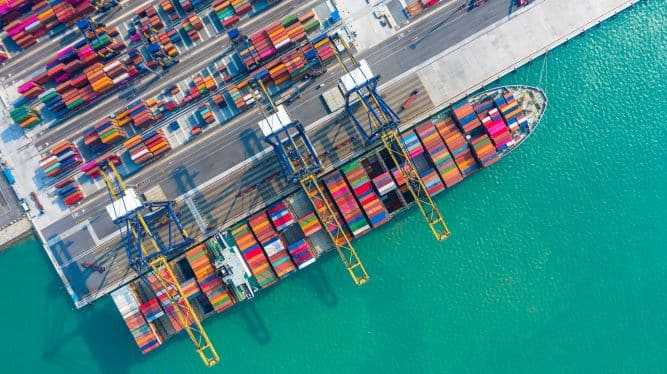The Basics Of Direct And Indirect Procurement

Procurement is an integral part of every business’s operations. It is the process of sourcing and negotiating terms in which goods and services are exchanged between a business and a third party.
It usually involves a competitive bidding procedure known as tendering, in which potential suppliers make offers for the value of their goods and services that a business can choose to partake of. Procurement is also generally associated with large quantities of goods that can be acquired from one or more suppliers, depending on the demand.
Its creation led to the lowering of operational costs by integrating purchasing into the supply chain. As the practice of procurement became more and more widespread in the supply management process, it grew into two disciplines: indirect and direct procurement.
In this article, we will go over the differences between direct and indirect procurement and their importance in any organization.
This refers to the act of acquiring goods and raw materials generally en masse, with these goods taken from one or more suppliers at the lowest possible cost with the highest possible quality. An example is a manufacturer acquiring a large amount of chemicals for use in part of the manufacturing process. The manufacturer can set up a tender process, then evaluate the offers they receive from different suppliers.
This type of procurement is more associated with buying goods to maintain a company’s day-to-day operations rather than being directly tied to their profits. It could be goods and services related to delivering goods or finding a supplier of office chairs for their staff.
None of these goods or services directly goes into the end product, but they nevertheless should require the same process to procure.
How can I improve my procurement process?
One of the best ways to improve the procurement process is to maintain a healthy relationship with the various suppliers in the field. More often than not, these are people you will collaborate with over a long time, and as such, it is imperative that bridges are built and maintained to ensure future business runs smoothly.
Proper inventory management is also a must, as knowing what to expect from your suppliers when it comes to your needs can lower prices. You must anticipate when you’ll require new supplies so that you’ll be able to plan more efficiently and effectively. After all, understocking can make or break a business, depending on the circumstances.
The internal operations of a business must also run more smoothly, as lengthy approval processes can slow down the procurement of new goods. As your company begins to grow, it might be a good idea to leave the procurement approvals to a small team of trusted people so that it doesn’t have to go through an extensive approval chain.
One of the best ways you can make this process much faster and efficient is to use an online e-procurement website. Such websites are designed so that people looking for goods and services are better able to compare and consider offers, all at the push of a button.
Conclusion
When acquiring goods and services for your business—whatever the reason may be—it is crucial to make sure the process runs as smoothly as possible. This is only possible by having good relationships with your suppliers, having a well-oiled approval process within the company and better inventory management.
At the end of the day, the procurement process is there to make sure that the costs of operations are lowered. As such, you must do what you can so the process can perform its role effectively and efficiently.
If you’re looking for a cloud based website that can handle e-tendering and your procurement process, send us a message at oboloo. We have what it takes to make this process much easier for you and everyone involved. oboloo enables you to be supplier smart
Dedicated to bringing readers the latest trends, insights, and best practices in procurement and supply chain management. As a collective of industry professionals and enthusiasts, we aim to empower organizations with actionable strategies, innovative tools, and thought leadership that drive value and efficiency. Stay tuned for up-to-date content designed to simplify procurement and keep you ahead of the curve.

